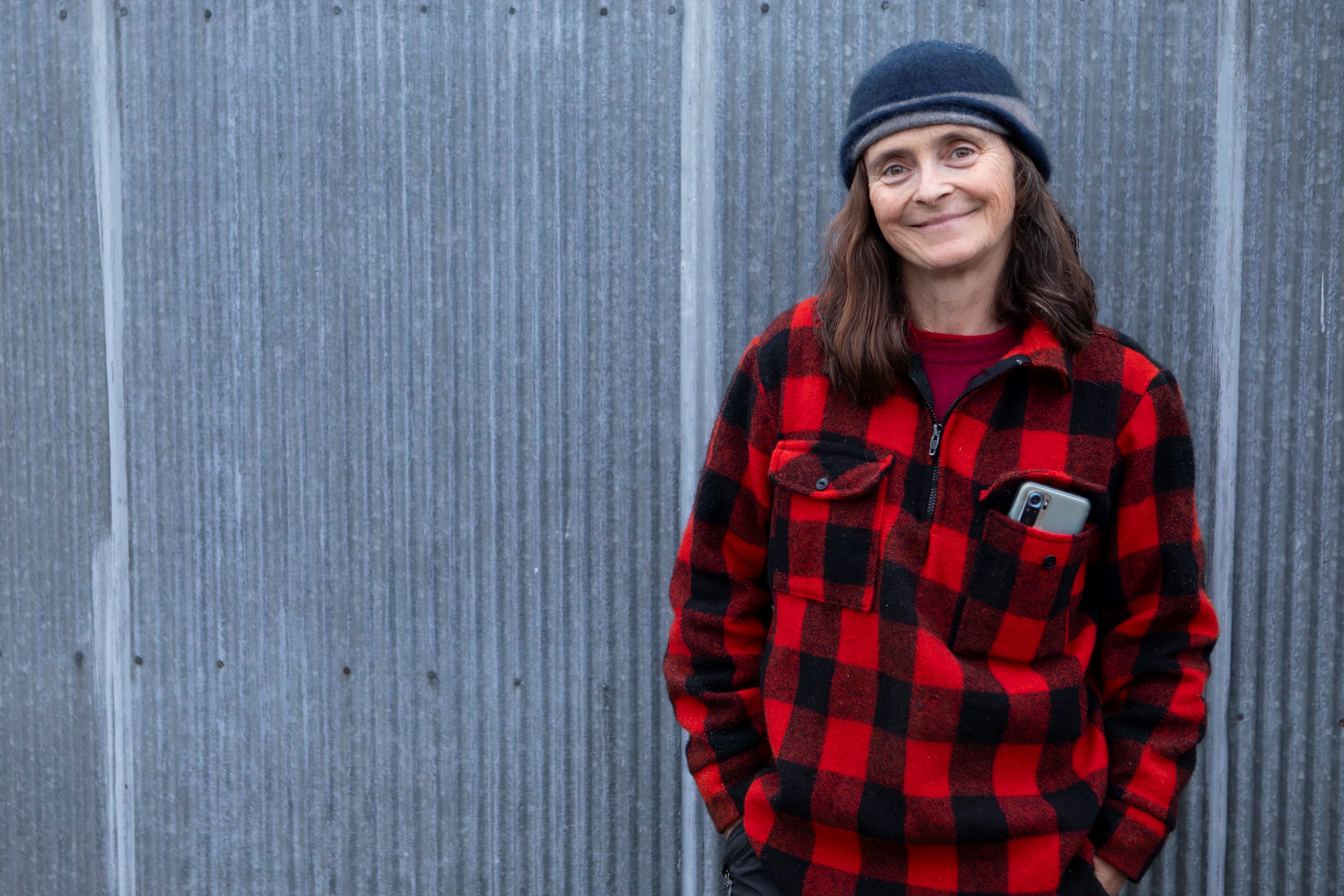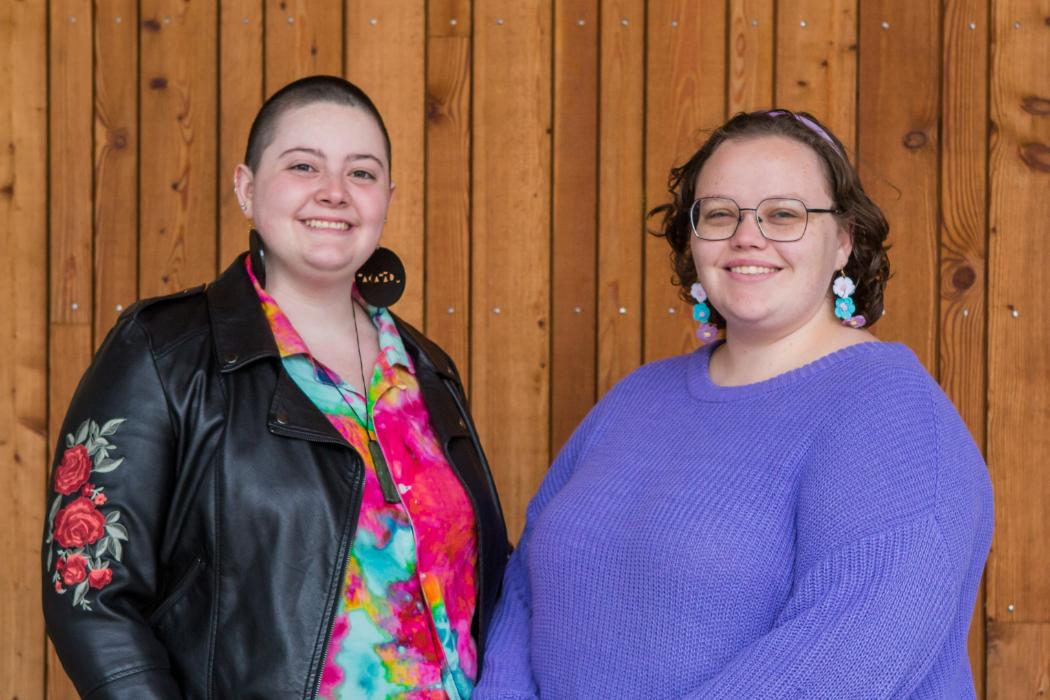Professor Michael Plank, Dr Matt Hobbs and Associate Professor Arindam Basu
Two years ago, Prime Minister Jacinda Ardern announced Aotearoa would enter strict lockdown on 23 March 2020. The Prime Minister’s speech signalled the start of the country’s elimination approach to Covid-19, giving two days’ notice before New Zealanders collectively launched into Alert Level 4 lockdown. Looking back over the first two years of the country’s pandemic path, how do University of Canterbury experts sum it up – and what do they want to see next?
Epidemiology and public health
Associate Professor Arindam Basu, Epidemiology, School of Health Sciences, University of Canterbury, comments:
“The biggest lesson, in my opinion, from New Zealand’s pandemic approach since March 2020, is the importance of coordination between experts, government, and the members of a press to address a global and local emergency situation. The epidemiology- and modelling-driven public health approach and taking the public on board (“the team of five million people”) has helped in containing the pandemic.
“In turn, the media too played a very responsible role. The role of the media must be commended and highlighted as they have unfailingly trained their sight on the latest scientific developments, presented the public health and rationale, educated the public, and presented the most balanced picture possible. This went a long way in educating the members of the public. As public education is a key factor in any public health emergency, New Zealand ended up with a very high vaccination rate, months of Covid-19-free status, the lowest death rate from Covid in the OECD countries as of writing this, and a period of relative calm with several regions of the country virtually COVID-19 free for many months before the Omicron wave set in, and even then, relatively lower and slower rates of Omicron than what would have been predicted.
“In 2020 and pretty much till about February 2022, the decisions invoked an epidemiological rationale, as well as a “whanau-based approach”. As a result, NZ attained over a relatively short period of time rapid mass vaccination rates (impressive two dose vaccination and booster dose vaccinations).
“In comparison, the approach in March 2022 seems to be driven more by pragmatism of what needs to happen to keep the economy running in the face of an ongoing relentless wave of infection. This may have its own risks, and how the government will step up to the challenges in the face of several uncertainties remains to be seen. In particular, while the current surge with Omicron was expected and with excellent vaccination and earlier prevention programmes in place, a massive upsurge has been avoided, and we understand Covid-19 is far from over.
“As I write this, regions of the world known to have contained the pandemic are back in the wave that resembles a “camel hump”. China has closed down a couple of industrial cities (similar to what they did in 2020 in the beginning of the outbreak), Hong Kong has experienced an upsurge in death rates, and the rates of BA.2 variant cases are increasing in hotspots across Europe (notably Denmark, UK). With the war in Ukraine and thousands of refugees and people displaced all over the continent and travelling overseas with their low vaccination rates, it is only a matter of time new variants will emerge on the top of BA.2. It is not clear at this stage how prepared NZ is to address these changes if the borders remain open and current strategies like just seven days’ isolation continue.
“In summary, NZ has a great track record of containing the outbreak, but there is a case to be cautious in the face of an emergent uncertain phase in the pandemic. Covid-19 is not over yet, and this lesson needs to go out to the public more emphatically. The days of wearing masks, tracing one’s presence in public places, avoidance of crowds, and getting booster shots are not over yet.”
(No conflict of interest.)
Dr Matthew Hobbs, Co-Director of GeoHealth Laboratory, and Senior Lecturer in Public Health, School of Health Sciences, University of Canterbury, comments:
“New Zealand’s pandemic response may not have been perfect, but it has been world-leading. Initially, the ‘go hard and early’ approach rapidly escalated the use of non-pharmaceutical interventions to a national lockdown. Without vaccines, a combination of movement restrictions, physical distancing, hygiene practices, and intensive case and contact detection and management was used. New Zealand was able to successfully control Covid-19 in the early stages of the pandemic. It also had unexpected benefits like the unprecedented reduction of influenza and other respiratory viral infections.
“The evidence supports New Zealand’s response so far:
Evidence showed that reductions in life expectancy in men and women were observed in all the countries around the world studied except in New Zealand, Taiwan, and Norway, where there was a gain in life expectancy in 2020.
Other research has shown that Covid-19 deaths per 1 million population in OECD countries that opted for elimination (i.e., Australia, Iceland, Japan, New Zealand, and South Korea) have been about 25 times lower than in other OECD countries that favoured mitigation.
There is also increasing consensus that elimination was the preferable approach to mitigation in relation to a country’s economic performance. Research shows that elimination was superior to mitigation for GDP growth on average and at almost all time periods. GDP growth returned to pre-pandemic levels in early 2021 in the five countries that opted for elimination, whereas growth was remained negative for the other 32 OECD countries for much longer.
Among OECD countries, civil liberties were most severely impacted in those that chose mitigation, whereas swift lockdown measures—in line with elimination—were less strict and of shorter duration.
The elimination approach New Zealand used, not mitigation, of Covid-19 created the best outcomes for health, the economy, and civil liberties.
“The journey was not without difficulties: It is important to acknowledge that these early measures included difficult decisions like closing the border and, opening but then closing the Trans-Tasman bubble. Despite these difficult decisions, these measures bought New Zealand crucial time to increase vaccination coverage and wait until potentially life-saving treatments are developed.
“Where to from here? Before Omicron arrived, New Zealand was rather remarkably, very close to eliminating Delta. If you remember, even as Auckland opened up, hospitalisations and case numbers dropped. However, the course of the pandemic clearly transformed with the appearance of Omicron. New Zealand was better prepared than most countries to tackle it, but inequities in terms of vaccination levels and the safe reopening of schools are just some challenges that still persist. In addition, alarm bells are now slowly beginning to quietly sound again beyond our borders. Cases and hospitalisations are increasing in the UK perhaps due to waning immunity, the emergence of BA2, and the removal of restrictions. Cases are also increasing in China, which may have important long-term economic knock-on effects around the world should Omicron take hold there.
“How does this end? While some countries, including New Zealand, have had domestic success at controlling Covid-19, the arrival of Omicron has changed the course of the pandemic. Wealthy countries around the world continue to hoard vaccines. Ultimately, this gives the virus more opportunities to replicate and mutate elsewhere. History teaches us that relying on only Covid-19 vaccines to control the pandemic as some countries are doing, is extremely risky due to their uneven roll-out, and especially in this case due to their time-limited immunity and the emergence of new variants. Research indicates that the eradication of smallpox required concerted, decades-long efforts, including vaccination; communication, public engagement; and test, trace, and isolate measures. Until we have an effective and coordinated international strategy, it is plausible that it may take some time to emerge from the ongoing effects of this pandemic.”
(No conflict of interest declared.)
Modelling
Professor Michael Plank, School of Mathematics and Statistics, University of Canterbury, comments:
“Two years on from New Zealand’s first lockdown, a comparison of our death toll with virtually any other country in the world shows just how well we have done in managing the pandemic.
“Our response has been far from perfect and unfortunately there will be more deaths to come. But by keeping the virus at bay until the vast majority of over 12s had been vaccinated, we avoided the horrors of pre-vaccine Covid-19 that many countries have suffered. If we had followed the trajectory of countries like the UK and USA, New Zealand would have had over 12,000 Covid-19 deaths and spent more time in lockdown than we did.
“However, the pandemic isn’t over, and we still need to do more to ensure vaccine equity globally. While rich countries roll out boosters, many people in African countries still haven’t received a single dose.
“It’s clear the elimination strategy, as hard as it was at times, was absolutely the right one for New Zealand. The challenge is to take these lessons and apply them to preparing for the next pandemic. All pandemics are different and there’s no guarantee that what worked before will work again. But it’s likely decisions will need to be made quickly in a highly uncertain situation.
“Evidence-based decision making in a crisis means having good systems for collecting high quality data, the right scientific tools to analyse that data, and good relationships to ensure the data, the science, and the decision makers are brought together. We need to invest in all these areas to make sure that when the next pandemic (or even the next variant) comes along, we’re ready to respond.”
(Conflict of interest statement: Michael Plank is partly funded by the Department of Prime Minister and Cabinet for research on mathematical modelling of Covid-19.)
(As published in SMC).










